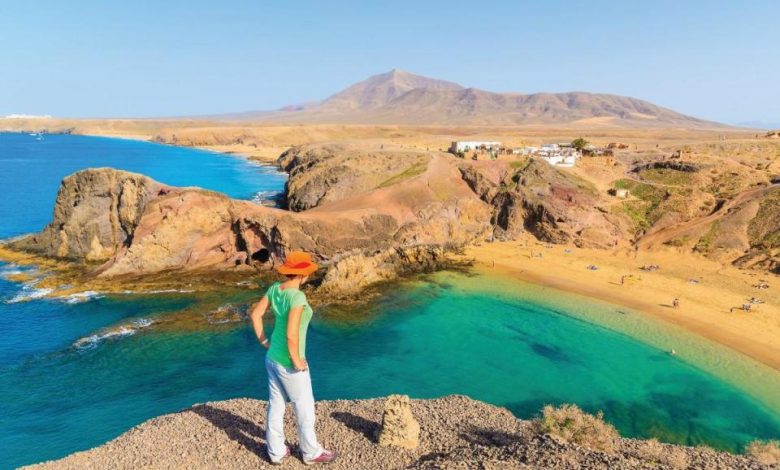
Island nations and territories often face distinct economic and environmental challenges due to their size, geographic isolation, and exposure to climate risks. However, many of these same islands are emerging as powerful examples of how to achieve sustainable economic development through innovation, local empowerment, and a deep respect for the environment.
The Shift Toward Eco-Tourism
One of the most effective ways islands are embracing sustainable development is through eco-tourism. Instead of relying on mass tourism that can harm ecosystems and overburden resources, island destinations are increasingly offering experiences that center on environmental preservation and cultural authenticity.
The Seychelles, for example, has introduced marine protected areas that restrict fishing and boating to safeguard coral reefs and marine life. Meanwhile, Palau’s “Pristine Paradise” initiative ensures that every tourist contributes to conservation efforts through a mandatory environmental pledge. These approaches not only protect biodiversity but also appeal to travelers seeking meaningful and sustainable adventures.
Investing in Renewable Energy
Energy independence is a major concern for many islands, which often rely heavily on imported fossil fuels. This reliance not only strains national budgets but also increases carbon emissions. To counter this, several island nations are investing in renewable energy sources like solar, wind, and tidal power.
Tokelau, a territory in the South Pacific, made headlines when it transitioned to being 100% powered by solar energy. Other islands, like Aruba and Barbados, are setting ambitious goals to become fossil fuel-free within the next few decades. These moves aren’t just environmentally responsible but also create green jobs and reduce long-term energy costs.
Promoting Local Economies
Sustainable development also means keeping tourism revenue within the community. Islands like Dominica and the Azores are prioritizing local sourcing for hotels, restaurants, and tour services. This supports small businesses and reduces the need for imported goods, helping to lower the overall carbon footprint.
Visitors are often encouraged to participate in local experiences such as cooking classes, artisan workshops, and eco-farming tours. This model of inclusive tourism builds stronger economies while enriching the visitor experience.
Education and Skills for the Future
Many islands are investing in education and vocational training to support their sustainable development goals. Training programs in marine conservation, sustainable agriculture, and renewable energy systems are preparing residents for careers that support long-term economic growth and environmental protection.
By building a skilled workforce, islands can reduce their reliance on foreign labor and decrease youth migration to urban centers abroad. This also fosters a greater sense of ownership and community investment in local development projects.
The Maldives: A Case Study in Balanced Luxury and Sustainability
A standout example of combining economic opportunity with environmental responsibility is the Maldives. As a luxury tourism hotspot, the country has adopted a forward-thinking approach that intertwines opulence with sustainability. Many Maldives resort properties integrate solar power, eco-friendly architecture, and coral reef restoration into their operations.
By aligning high-end tourism with environmental stewardship, the Maldives shows that luxury and sustainability can not only coexist, but thrive.
Looking Ahead
Island destinations continue to face pressing challenges, from rising sea levels to resource scarcity. However, their ongoing efforts in eco-tourism, renewable energy, local economic development, and education make them valuable models for sustainable growth.
As more regions seek to reconcile economic prosperity with environmental protection, island nations are proving that small places can lead in big ways. Their experiences offer vital lessons for the rest of the world as we collectively navigate toward a more sustainable future.





